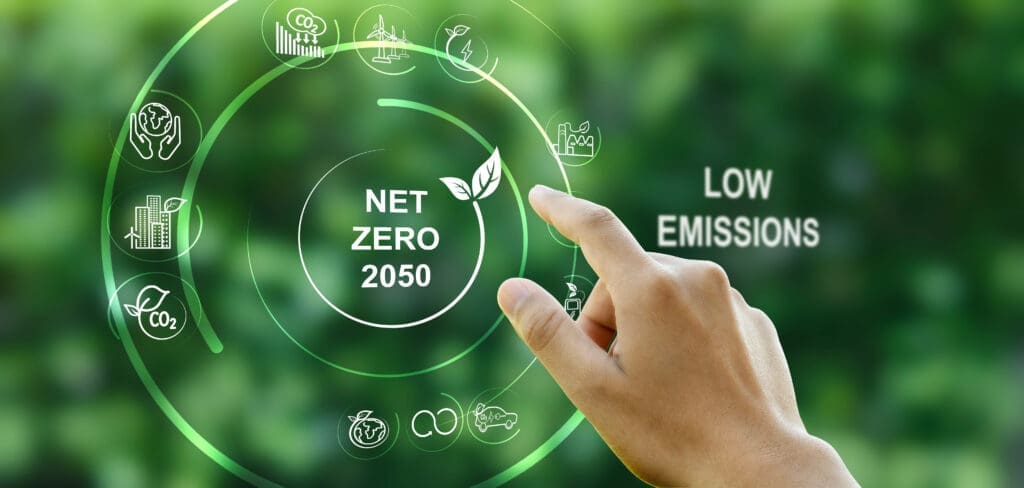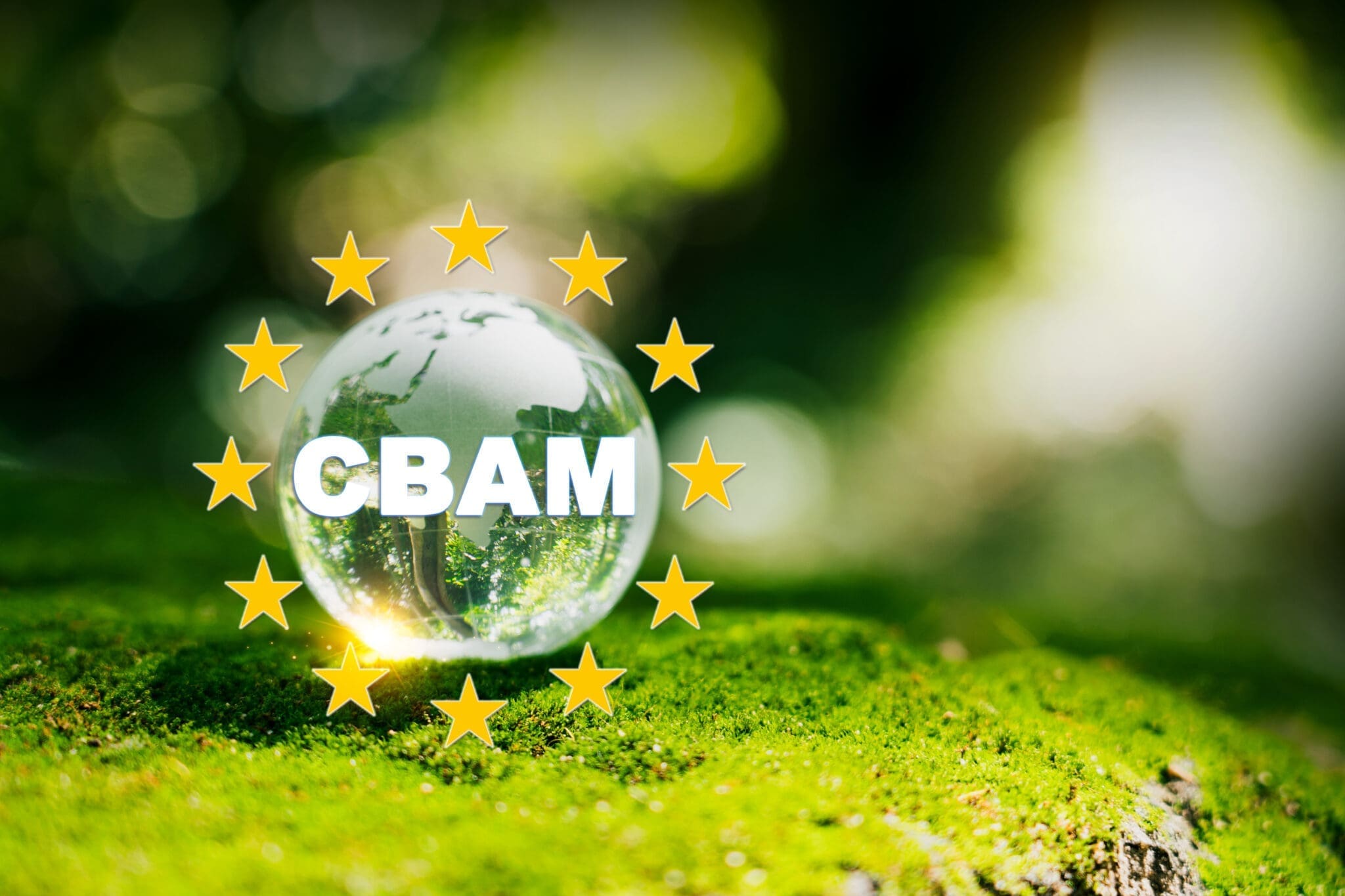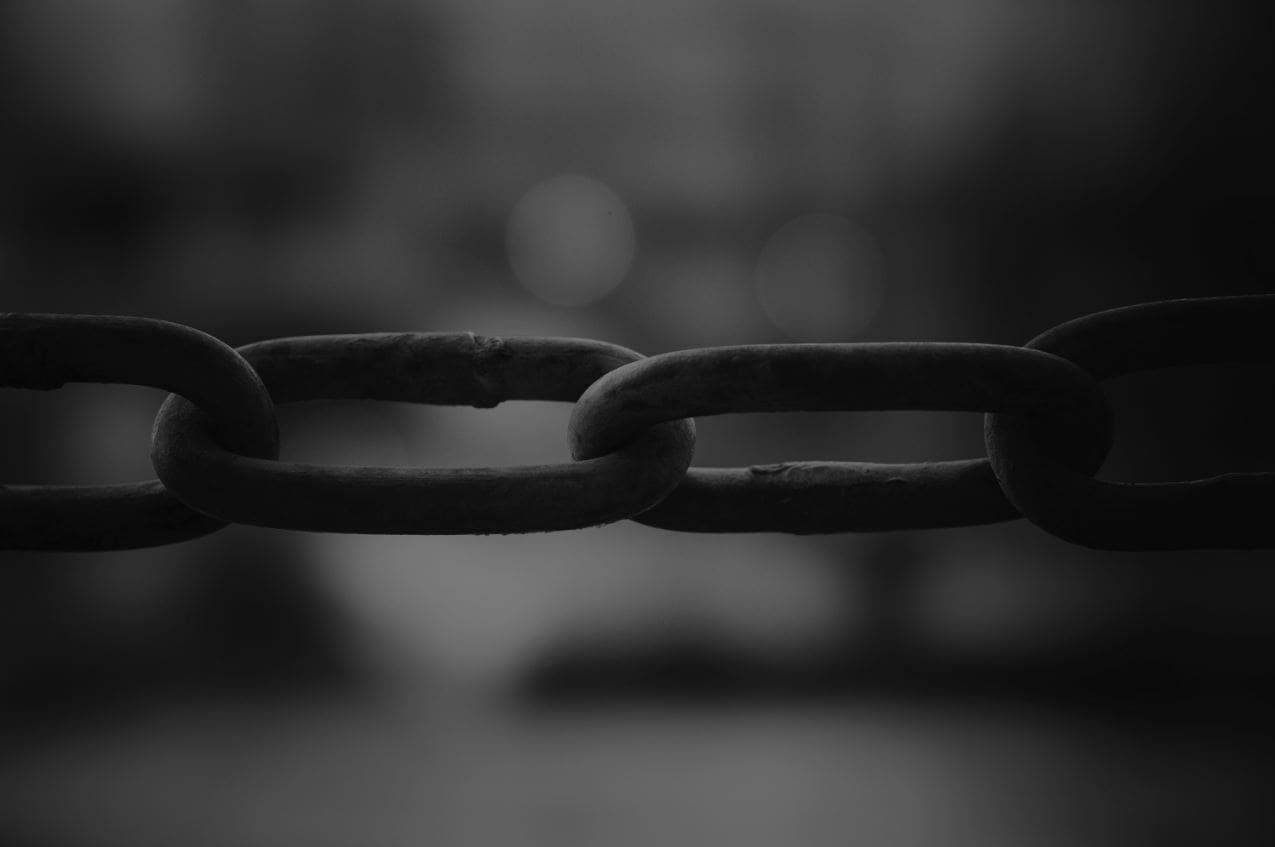The world of sustainability is awash with acronyms and it shows no sign of letting up. In October 2023 the transitional phase of the Carbon Border Adjustment Mechanism (CBAM) entered into the European sustainability-related regulatory landscape.
With other regulatory developments towards the end of 2023, including voting on the Corporate Sustainability Due Diligence Directive (CSDDD) and the approval of the European Sustainability Reporting Standards (ESRS), CBAM might have skipped your attention. Our CBAM blog will help answer some of the important questions you might have; What it is, why it matters, who is impacted, what you need to do and how we can help.
What is CBAM?
CBAM is the world’s first carbon border tariff on carbon-intensive products. CBAM has been introduced by the European Union (EU) with the aim of reducing ‘carbon leakage’ associated with the import of certain goods from third countries into the European market.
Initially, goods from high-emitting sectors, including, cement, fertilisers, iron and steel, aluminium, hydrogen and electricity will have a carbon levy placed on them which is linked to the EU Emissions Trading System (ETS).
Why is CBAM Important?

CBAM is important because it creates a level playing field on the price of carbon emitted during the production of carbon-intensive goods that are entering the EU. By implementing CBAM it is hoped that it will support the EU’s aims in reducing carbon emissions by at least 55% by 2030.
The legislation is also important as it is the first of it’s kind and will allow the EU to position itself as an international leader in tackling climate change. It is hoped that CBAM will encourage foreign producers to reduce emissions, or encourage governments around the world to establish their own carbon pricing and promote cleaner industrial production methods.
Who Does CBAM Impact?
CBAM impacts businesses within the EU who are importing goods from high-emitting sectors, including, cement, fertilisers, iron and steel, aluminium, hydrogen and electricity. The legislation also impacts non-EU businesses who are importing goods into the European marketplace.
What Do Companies Need to Do?
During the initial transition phase which commenced on the 1 October 2023 and extends to the 31 December 2025, companies importing goods into the EU will have to report on a quarterly basis. The report must include:
- Energy use
- Embedded emissions (including direct and indirect emissions)
- Country of origin of imported goods
- Carbon price to be paid in the country of origin
Following the transition phase, reporting obligations will reduce in frequency to an annual reporting cycle (due by the 31 May each year). Companies will also be required to purchase the equivalent number of CBAM certificates to cover the reported embedded emissions.
How Achilles Helps Business Comply with CBAM
Supplier Engagement : Our cloud-based software is translated into over 20 languages and is complimented by a team of global experts who are on hand to speak to suppliers in a language that they understand. Through our solution our clients are supported in engaging and educating their suppliers on CBAM, reporting and calculating carbon emissions.
Carbon Data Collection: The MyAchilles Carbon Module enables buying companies affected by the regulation to collect carbon data from their supply chains quickly and efficiently, including data across Scope 1, Scope 2 and Scope 3. The first step in ensuring accurate CBAM reporting.
Reporting: Supply chain carbon data is calculated and is easily accessed through the MyAchilles platform to support quarterly reporting requirements. Our suite of analytics tools enables our customers to gain the insight they need to report quickly and confidently.
Carbon Reduction and Verification: We don’t stop at reporting, the Achilles Carbon Reduce programme is a world-leading service which accurately verifies greenhouse gas emissions to ISO 14064-1. On average, clients that deploy the Achilles Carbon Reduce programme can expect to reduce optional carbon by 50% over five to six years.
By managing CBAM and other supply chain related requirements via Achilles, companies benefit from significant economies of scale, share the burden of compliance and save themselves significant cost.
Get in touch to discuss your CBAM and carbon management requirements.

